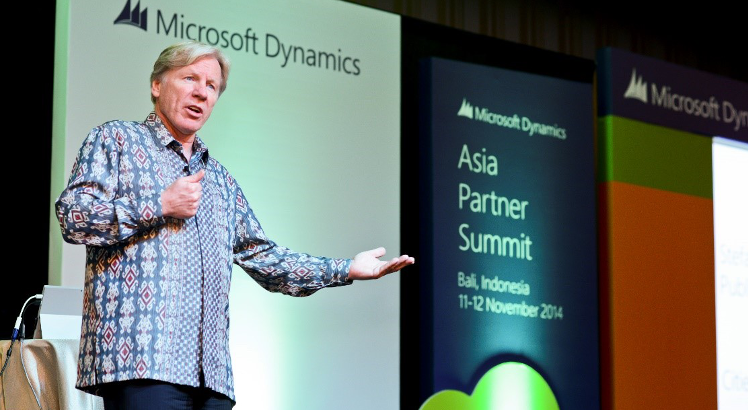Working together to build smart, sustainable cities

At the recently concluded Asia Partner Summit in Bali, I had the opportunity to engage with our partners about our Microsoft CityNext initiative. It was great to see that a large number of our partners in Asia are using platforms such as Microsoft Dynamics, Azure, and Office 365 to build solutions that address key challenges faced by city leaders and citizens. Some of the key themes I shared with the audience at the Partner Summit were about issues that Asian cities are facing and the ways in which we can work together to create smart, sustainable cities.
The biggest issue facing Asian cities today is the explosion of urbanization. Today, about 50 percent of the population lives in cities. By 2050, that figure will reach more than 70 percent. It is a massive challenge to build the infrastructure to support the extent of growth that cities are experiencing.
From the beginning, our vision for the Microsoft CityNext program has been to have a people-first, partner-led approach. We want to listen to city leaders to understand what services citizens are demanding, and provide the framework that partners, local start-ups, established companies, and citizens can use to create applications to help solve cities’ concerns.
Cities in Asia have varied needs and starting points, and while cities like Tokyo are rather advanced in using a technology platform to solve citizen concerns, others have yet to embrace technology. In addition, the role of city leaders is evolving. It is no longer enough to do more with less; leaders must also do NEW with less. This is a meaningful time for Microsoft CityNext partners to work with city leaders to create jobs, develop education programs, and deliver healthcare, transportation, energy, and sustainability solutions across local government agencies.
A common way that cities are becoming more sustainable is by migrating to cloud-based information solutions, so people and institutions are not tied to a physical location. Microsoft is applying a mobile-first, cloud-first strategy, and making it relevant at a time when cities are transforming how they manage and optimize their resources to be smarter.
The CityNext initiative is helping cities tackle many of these challenges and has done so for a number of years. We are working with cities and there are a number of substantial steps that can be taken to leverage technology and the transformation of IT into the cloud, whether it is a small city or a large one.
Vice President – Public Sector, Asia, Microsoft Operations Pte Ltd




